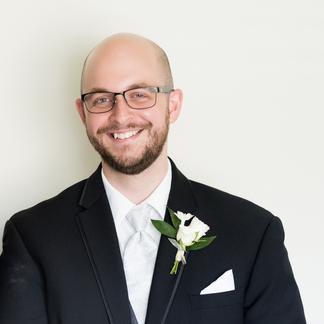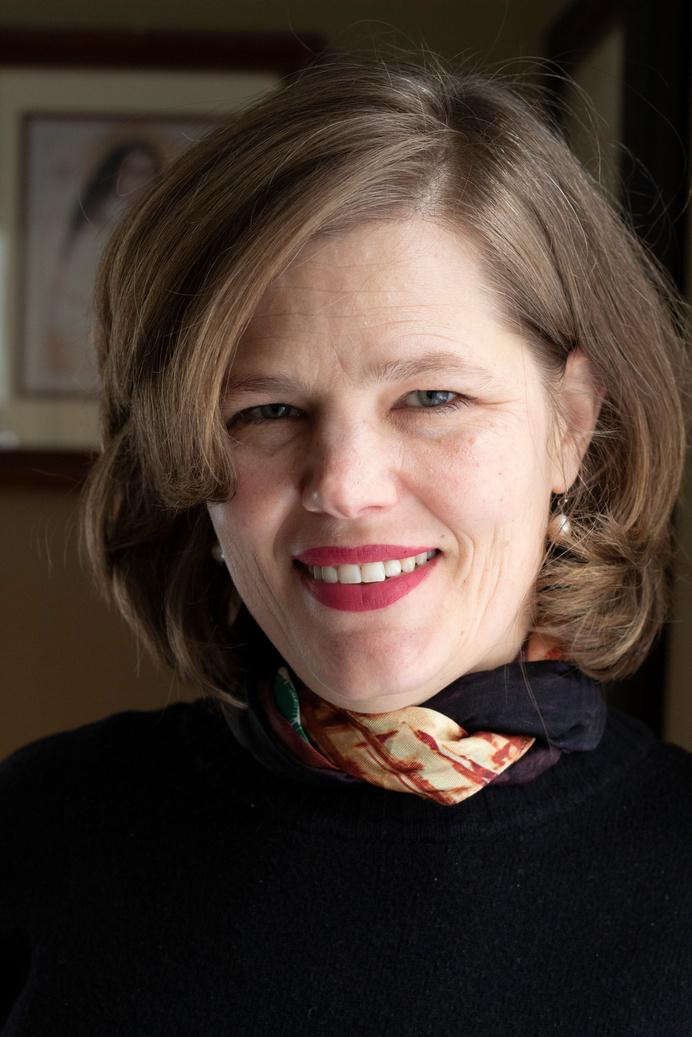
4 minute read
HANDING ON AN ENCOUNTER WITH TRUTH, GOODNESS, AND BEAUTY: Introduction to Our Full-Time Faculty
St. Bernard’s exists for the sake of formation in the faith, animated and energized by the call to reunite theology and sanctity in the context of graduate education. While the entire community of St. Bernard’s contributes to this mission of formation, it is the core faculty that are most directly engaged in the art of formation and education. Our School is blessed beyond measure to feature faculty that are excellent scholars and dynamic teachers; most importantly, however, they each strive to know and love God, and to continually be led by the action of the Holy Spirit in the heart of the Church:
DANIEL DRAIN, PH D (CAND )

Professor Drain’s teaching, writing, and speaking is animated by a fundamental conviction that our belief in God and His self-revelation in salvation history makes a decisive difference in the way one thinks about the world, culture, the body, and reality itself. His recent work on the Second Vatican Council and the Church’s teaching on human sexuality in response to transgenderism has emphasized a rediscovery of the beauty of the Church’s teachings: we must study the texts of the Council and the anthropological teachings of the Church not as if they have been “tried and found wanting,” but rather as if they have been “found difficult and left untried” (G.K. Chesterton).
CHARLES HUGHES HUFF, PH.D.
Dr. Hughes Huff engages with Sacred Scripture in a way that emphasizes both the historical settings of these ancient texts and their theological import. In each text, the Holy Spirit works through the particular human idiom to reveal Christ The importance of both the human and divine aspect of Scripture has led him to archaeological research in Iron Age Jordan (Moab), work on textual imaging in the University of Rochester’s Lazarus Lab, and a forthcoming summer course on the Song of Songs and mystical commentary, which will focus on the beautiful Hebrew idioms in the book, as well as the commentary of Origen and St. Bernard of Clairvaux.
MATTHEW KUHNER, PH.D.
Dr. Kuhner’s approach to systematic theology and catechetical studies is driven by a constant return to the sources – the sources of theology (Scripture, the Fathers, the Doctors) and the abiding Source of our very being – so that our contemporary witness to the Gospel might radiate with both freshness and fullness. He finds no greater joy as a teacher and as a speaker than gathering with others at the headwaters of our faith, contemplating the mysteries of Christology, ecclesiology, and the rediscoveries of 20th century Catholic theology

LISA LICKONA, S T L
Professor Lickona brings to her work a great love for the saints, as she teaches, writes, and presents at the intersection of theology and sanctity. She seeks to introduce her students to God's work in the lives of the saints so that they are able to discover His work in their own lives. Prof. Lickona introduces students to the practice of theology as we encounter it in the first chapter of the Gospel of John where Jesus invites Andrew and John to "come and see." And after spending a little time with Him, we are changed; we want to follow Him. Having encountered this great love, we find ourselves desiring to know more: love drives knowledge, and deeper knowledge, love.
STEPHEN LOUGHLIN, PH.D.
Dr Loughlin’s work is marked by a lifelong friendship with the person and works of St Thomas Aquinas, who has served as a witness of a philosophy pursued within the context of authentic faith His attention to philosophical rigor is outmatched only by his appreciation for the symphonic nature of truth (owing much to his previous musical training!); the result is a dynamism that springs forth from the heart of his work, especially when he considers the nature, constitution, and call of the human person in all of his or her hylomorphic rationality and affectivity
MARCO STANGO, PH.D.
Dr. Stango came to philosophy as a consequence of having reverted to the Catholic Church between high school and college. He considers this a "proof" that "faith presupposes and perfects reason" – whatever small amount of reason one might have! In his research and teaching he shows his love for all issues lying at the intersection of metaphysics and anthropology
While constantly drawing from the tradition, he is also interested in contemporary authors and in the new philosophical problems posed by our time. In the classroom, he invites his students into the joy of genuine questioning and of the communal love of wisdom.








